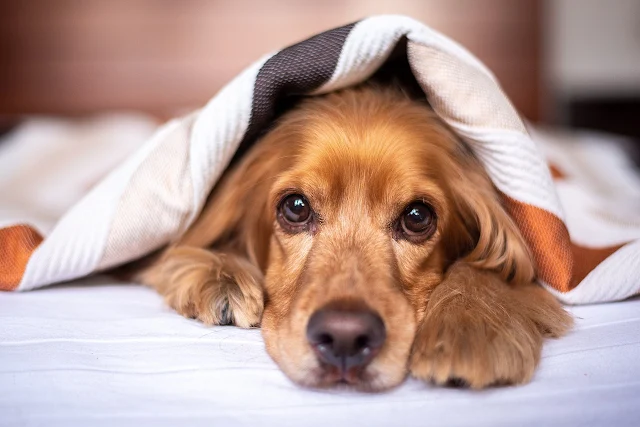In the realm of canine companionship, large dogs bring a unique charm and presence. Crafting them into ideal social companions requires a strategic approach that taps into their inherent traits and encourages positive social interactions. This guide explores effective strategies for developing social interaction skills in large dogs, transforming them into exemplary companions.
Understanding the Social Dynamics of Large Dogs
1.Canine Social Hierarchy
Large dogs often have a distinct social hierarchy within their own kind. Understanding and respecting this hierarchy is essential for successful social integration. Owners must recognize and manage behaviors related to dominance and submission, fostering a balanced and harmonious social environment.
2.Breed-Specific Characteristics
Different large dog breeds exhibit varying social tendencies. Some breeds are naturally more sociable, while others may be reserved. Recognizing these breed-specific characteristics enables owners to tailor their approach, accommodating the individual needs of their canine companions.
Strategies for Enhancing Social Skills
Early Socialization Techniques
Puppy Socialization Programs
Commencing socialization efforts during the puppy stage is crucial. Enrolling large puppies in well-structured socialization programs exposes them to diverse stimuli, such as various people, animals, and environments. This early exposure lays the foundation for confident and well-adjusted adult dogs.
Positive Exposure to Varied Environments
Large dogs benefit from positive exposure to different environments. Regular outings to parks, urban settings, and rural areas introduce them to a spectrum of sights, sounds, and smells. This exposure contributes to their adaptability and reduces anxiety in new situations.
Canine Interactions: Playgroups and Beyond
Structured Playgroups
Participating in structured playgroups facilitates positive canine interactions. These controlled environments, supervised by experienced handlers, allow large dogs to engage with their peers, refining their social skills, and fostering appropriate play behaviors.
Individual Play Sessions
Balancing group play with individual interactions is crucial. One-on-one play sessions provide owners with the opportunity to observe their dog's social behaviors more closely. This focused attention aids in identifying areas that may require further reinforcement or correction.
Positive Reinforcement for Desired Behaviors
Reward-Based Training
Positive reinforcement is a cornerstone of social skill development in large dogs. Rewarding desired behaviors with treats, praise, or play reinforces their understanding of appropriate social conduct. Consistency in positive reinforcement contributes to the solidification of these behaviors over time.
Redirecting Undesirable Behaviors
When undesirable behaviors arise during social interactions, redirection is key. Guiding the dog's attention away from negative behaviors and rewarding positive alternatives helps reshape their responses. This proactive approach minimizes the reinforcement of undesirable actions.
Addressing Aggression and Anxiety
Behavioral Modification Techniques
For large dogs displaying aggression or anxiety in social settings, employing behavioral modification techniques is crucial. Gradual exposure to triggers, desensitization exercises, and controlled introductions contribute to modifying these challenging behaviors.
Creating Positive Associations
Associating positive experiences with previously feared stimuli is an effective strategy. For example, if a large dog displays anxiety around strangers, gradually exposing them to friendly individuals while providing rewards establishes positive associations, diminishing anxiety over time.
Integrating Social Skills into Daily Life
Incorporating Daily Social Activities
Making social interactions a regular part of a large dog's routine is vital. Daily walks, visits to dog-friendly establishments, and playdates contribute to the ongoing development of social skills. Consistency is paramount in reinforcing positive behaviors in various social scenarios.
Positive Handler-Dog Interaction
The role of the handler in social skill development is pivotal. Maintaining a calm and confident demeanor, providing clear cues, and intervening appropriately during social interactions create a sense of security for the dog. Positive handler-dog interaction enhances the overall effectiveness of socialization efforts.
Conclusion
In conclusion, transforming large dogs into ideal social companions involves a strategic combination of early socialization, positive reinforcement, and targeted behavioral modifications. This guide equips owners with the insights and techniques necessary to navigate the intricacies of developing social interaction skills in large dogs, fostering a well-adjusted and socially adept canine companion. Embracing these strategies ensures that large dogs not only coexist harmoniously with their human families but also engage positively in the diverse social landscapes they encounter.


